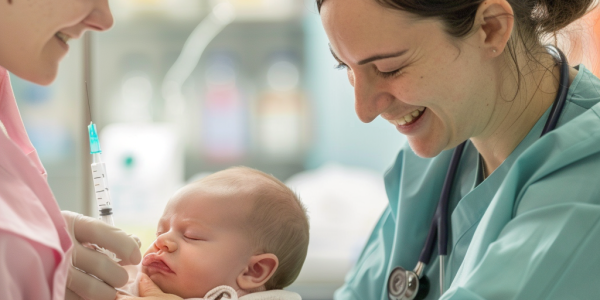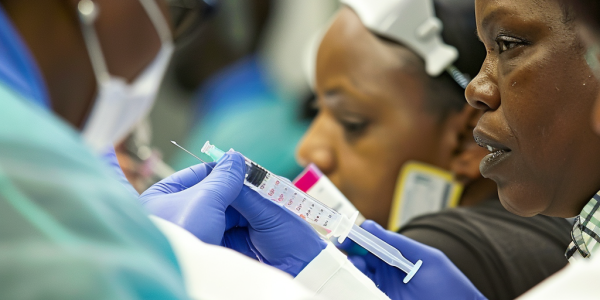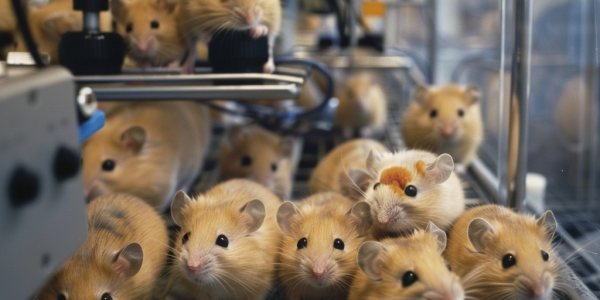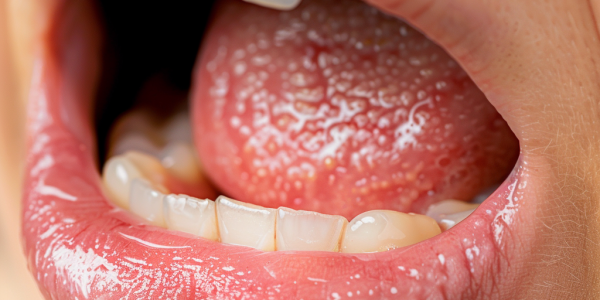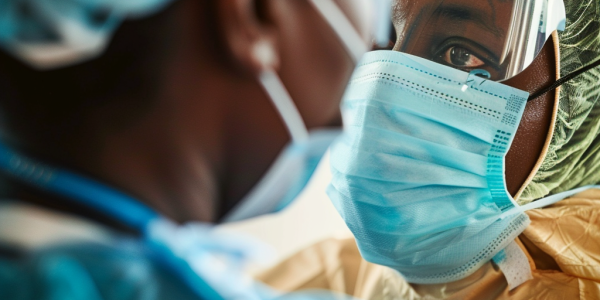Namibia Achieves Milestone in Ending Mother-to-Child Transmission of HIV and Hepatitis B
Namibia achieves milestone in fighting mother-to-child transmission of HIV and hepatitis B, becoming first in Africa to do so. With almost universal HIV testing among pregnant women and a 70% reduction in vertical transmission, only 4% of babies born to HIV-positive mothers acquired the virus in 2022. WHO awards Namibia for progress in reducing hepatitis B and combating HIV, highlighting the country’s strategic approach to disease elimination.
England Rolls Out Injectable HIV Antiretroviral Therapy, Faces Challenges
England has initiated the provision of injectable HIV antiretroviral therapy to patients, showing overall effectiveness and positive feedback. However, concerns have been raised due to reported cases of virological failure with drug resistance. Researchers are investigating to enhance the reliability of injectable HIV therapy.
La Roche-Posay Hosts Free Skin Cancer Screening Event in NYC
La Roche-Posay is hosting a free skin cancer screening event in New York City to raise awareness about sun safety and early detection of skin cancer. With over 100,000 new cases of melanoma expected in the US this year, early detection is crucial for a high survival rate. La Roche-Posay’s annual campaign, SOS – Save Our Skin, aims to educate the public on the dangers of UV rays and the importance of sunscreen. Visitors to the event will receive free skin checks, samples of Anthelios sun care products, and sun safety educational materials.
Revolutionizing Cardiac Research with Miniature Human Hearts
Organoids, miniature human hearts, are transforming the study of pregnancy complications and birth defects. Researchers are using these tiny hearts to explore human heart development and seek solutions for congenital heart diseases. By mimicking the structure and function of the human heart, organoids offer new possibilities for understanding heart formation and advancing treatments for congenital heart defects.
African Countries Making Strides in Malaria Vaccine Rollout
Ghana, Kenya, and Malawi have been leading the fight against malaria by rolling out life-saving vaccines since 2019. Over 2.5 million children have received the vaccine, with more African countries set to introduce it by 2024. Stakeholders recently gathered in Ghana to learn from successful experiences and prepare for new introductions. The workshop covered various aspects like vaccine introduction, risk communication, and data management, emphasizing the importance of sharing information to improve vaccination processes and reach more children.
Setback in CRISPR-Based HIV Cure Trial
Learn about the setbacks faced by a groundbreaking CRISPR-based HIV cure attempt. Despite high hopes, the initial trial results were disappointing, highlighting the need for further research and refinement in gene editing therapies for challenging diseases like HIV.
Chinese Scientists Create Mutant Ebola Virus in Lab Setting
Chinese scientists have created a mutant Ebola virus in a lab setting to study transmission and treatment strategies. By infecting hamsters with this engineered virus, the researchers observed severe symptoms similar to those seen in human Ebola patients, including eye secretions and scab formation. This innovative approach allows for safer studies on Ebola in lower security facilities, potentially leading to advancements in combating the virus and enhancing global health preparedness.
Research Reveals Role of Stochastic Variation in Developing Aging Clocks
Recent research by David H. Meyer and Björn Schumacher has highlighted the role of accumulating stochastic variation in developing aging clocks, providing valuable insights into the aging process and potential treatments for age-related conditions. Their study emphasizes the significance of accurate aging clocks in assessing interventions and preventive measures for age-related diseases, shedding light on the interplay between programmed and stochastic elements in the aging process.
Understanding and Preventing Bad Breath
Learn about the causes of bad breath, also known as halitosis, and how to prevent it through good oral hygiene practices. Discover the symptoms and factors that contribute to bad breath, such as consuming pungent foods, smoking, and dry mouth. Find out how regular brushing, flossing, and professional dental care can help combat halitosis and improve overall oral health.
Understanding Lassa Fever: A Lesser-Known Threat
Learn about the recent case of Lassa fever in Paris, France and how it compares to the Ebola virus. Discover the symptoms, transmission, and treatment options for this viral infection caused by the Lassa mammarenavirus, which poses a significant threat to human health.

